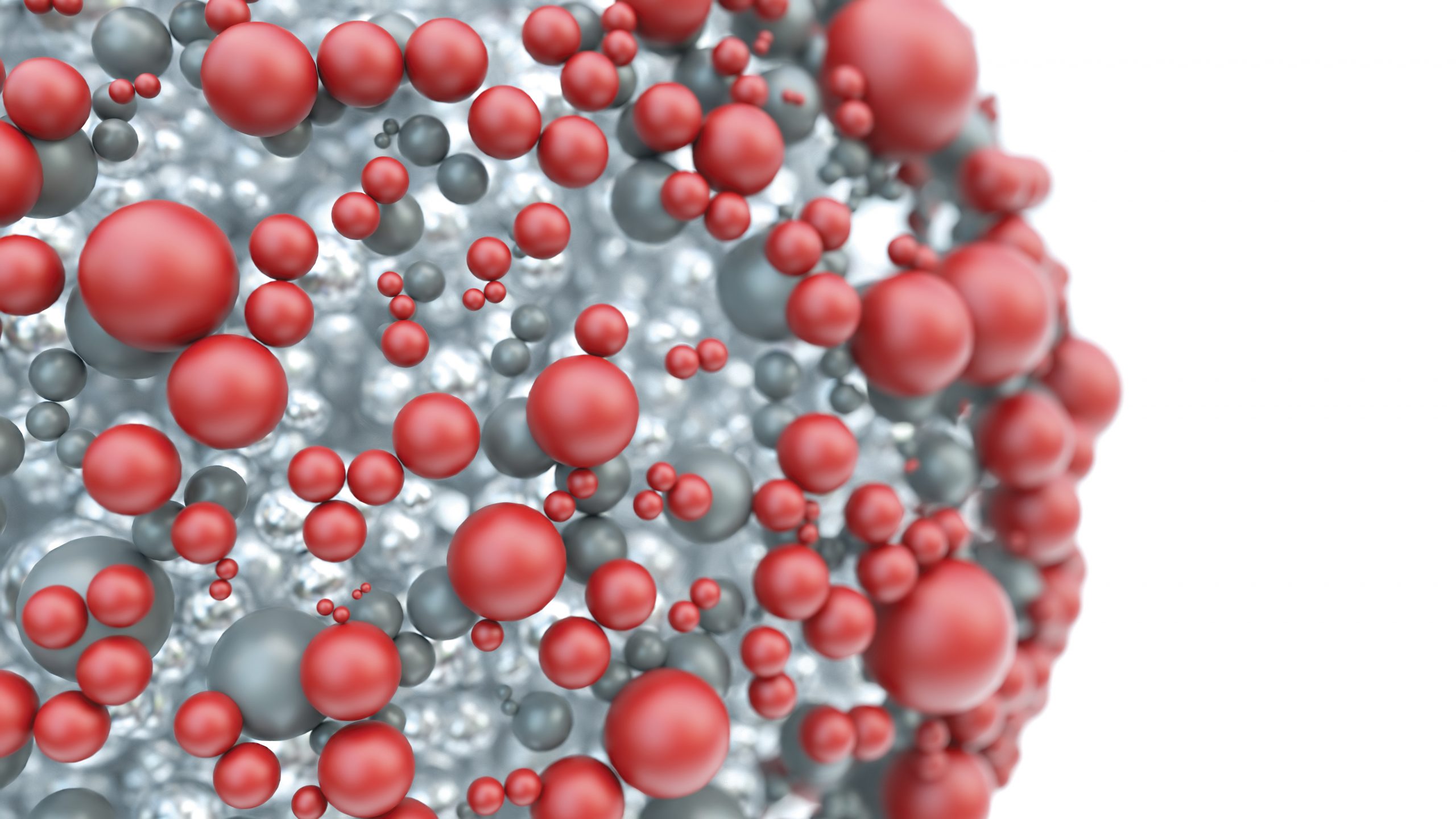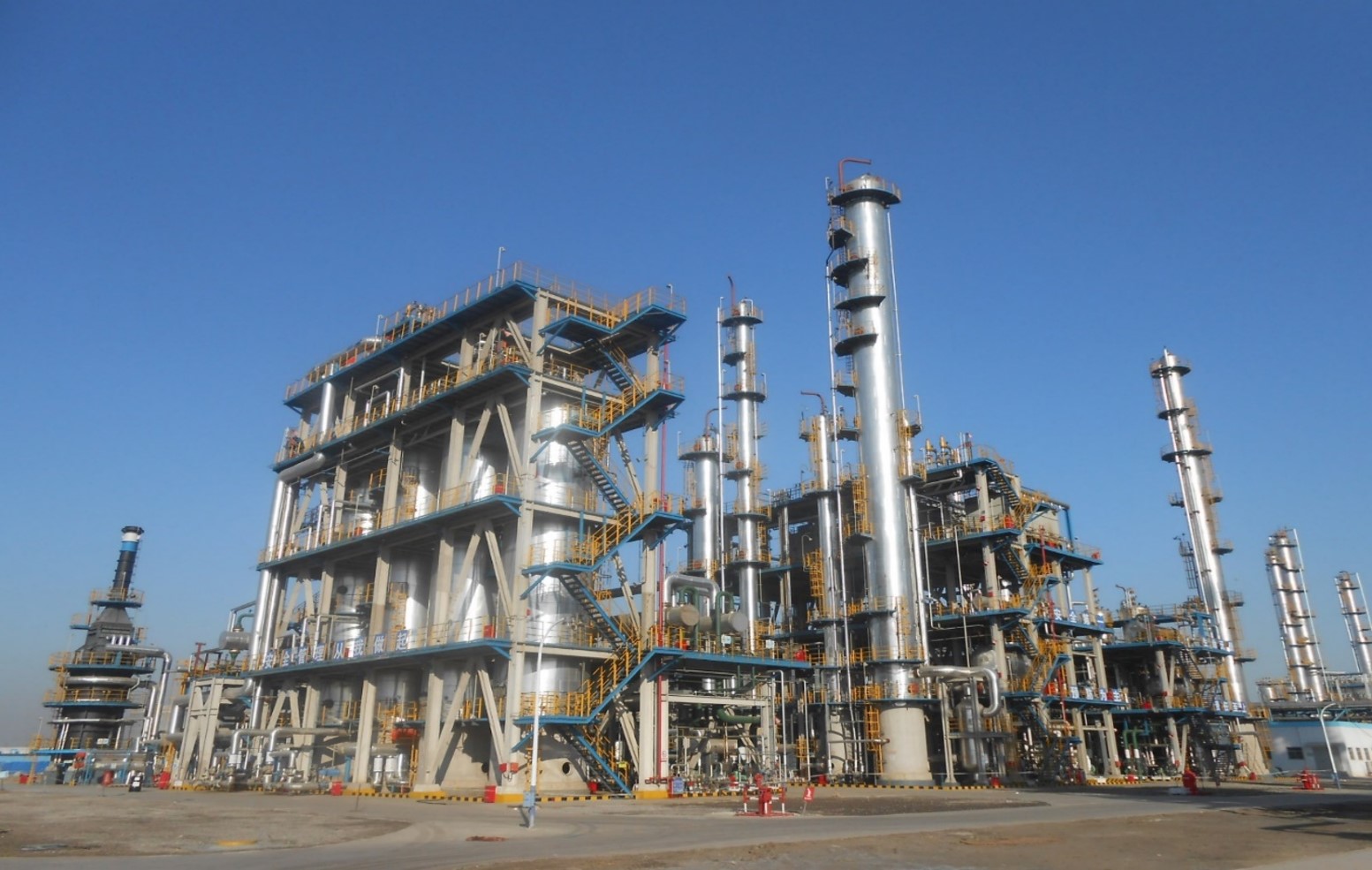Oil-Refining

Alkylation
Alkylate is an ideal clean fuel component because it has a high-octane rating, low sulfur concentration and no aromatics or olefins. Alkylate is currently produced by reacting iso-butane with light olefins using liquid acids (either Hydrofluoric Acid or Sulfuric acid). The use of these corrosive materials leads to process safety concerns and raises maintenance costs. The storage, transport, and regeneration of the acid add significant costs to the operation. Solid acid-catalyzed alkylation eliminates the hazards and costs associated with using and regenerating corrosive liquid acids.
ExSact Catalyst
The ExSact catalyst forms the core of a safe and efficient process that generates high-octane alkylate without the dangers and costs associated with liquid acid technology. The integration of catalyst science and reaction engineering allows ExSact catalyst cycle-times that are 3000% longer than most solid-acid catalysts and produces high-octane alkylate from any olefinic source, including ethylene, FCC olefins, FCC off-gas and MTBE raffinate. The stable catalyst performance greatly simplifies the overall process design, which reduces the capital cost of the alkylation plant, while lowering energy consumption.


ExSact Plant
The ExSact process alkylate yields are higher than in liquid acid systems due to elimination of acid-soluble oils (a byproduct of liquid acid systems), resulting in lower olefin feedstock consumption. The engineered catalyst has optimally designed acid sites that produce high octane alkylate over a wide range of process conditions by minimizing product cracking and reducing product degradation. A typical ExSact plant is shown at left.
